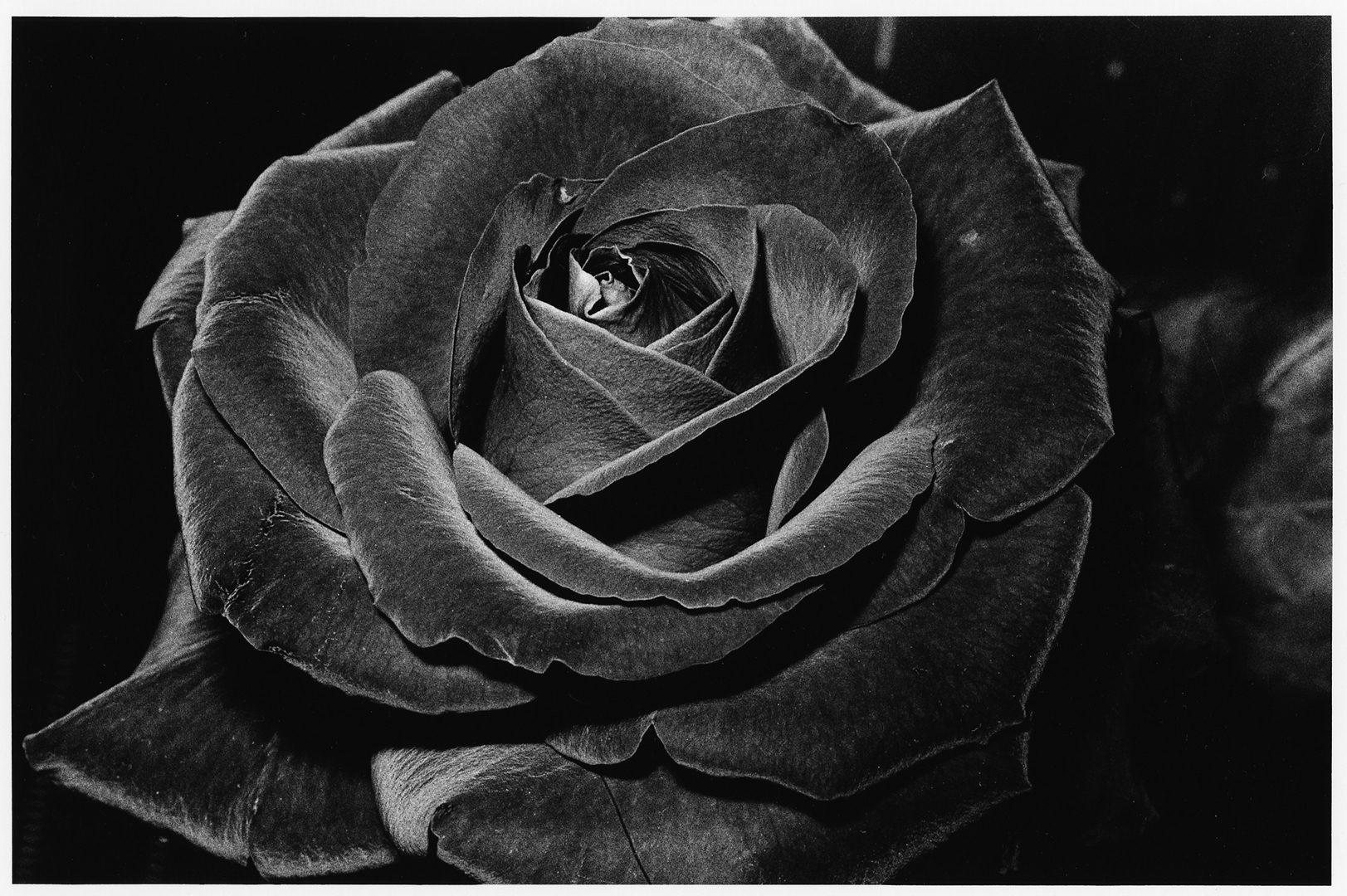
Part of DECK Benefit Dinner Charity Showcase
About The Artist
Born in Osaka Prefecture in 1938, Daidō Moriyama is one of the most important Japanese photographers of the postwar-era. He embarked on his photography career in 1959 as a student of Takeji Iwamiya. However, his study under Iwamiya was brief and in 1961 he became the apprentice of one of the masters of Japanese photography, Eikoh Hosoe. Moriyama soon struck out on his own, creating a photographic style that disregarded the technical conventions of the day in favour of grainy, out-of-focus images taken with a small, hand-held camera.
Described by Moriyama as "fossils of light and memory," his photographs avoided making the political statements that were so characteristic of the period, instead seeking to preserve instants of time in memory. In 1968, Moriyama worked for Provoke magazine and published his first book, Nippon Gekijo Shashin-cho (Japan: A Photo Theatre). He ran a photographic school throughout the 1970s and established the Workshop Photography School in conjunction with other photographers. Moriyama has won many awards and has had his work exhibited worldwide.
[SOLD] Stray Dog, Misawa, 1971
By Daidō Moriyama(森山大道)
Gelatin Silver Print | Signed on verso | Aluminium Black Frame | 35.6cm x 27.9cm (14” x 11”)
One of Moriyama’s most famous photograph, which took on a life as a symbol for post-war Japanese culture. He encountered this dog in 1971 on the streets of Misawa, Aomori Prefecture, near a U.S. Air Force base.
In a culture that had been defined by order and purity, for a photographer to identify himself with, and celebrate the idea of a stray dog, was a profound shift. It brought underlying cultural feelings to the surface of alienation, darkness, self-hatred, and despair. He showed both himself and Japan as a stray dog, roaming for scraps of identity in an uncertain and quickly changing world.
Shipping fee issued upon purchase.
By Daidō Moriyama(森山大道)
Gelatin Silver Print | Signed on verso | Aluminium Black Frame | 35.6cm x 27.9cm (14” x 11”)
One of Moriyama’s most famous photograph, which took on a life as a symbol for post-war Japanese culture. He encountered this dog in 1971 on the streets of Misawa, Aomori Prefecture, near a U.S. Air Force base.
In a culture that had been defined by order and purity, for a photographer to identify himself with, and celebrate the idea of a stray dog, was a profound shift. It brought underlying cultural feelings to the surface of alienation, darkness, self-hatred, and despair. He showed both himself and Japan as a stray dog, roaming for scraps of identity in an uncertain and quickly changing world.
Shipping fee issued upon purchase.
